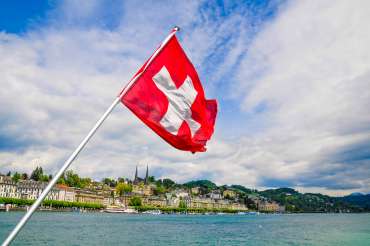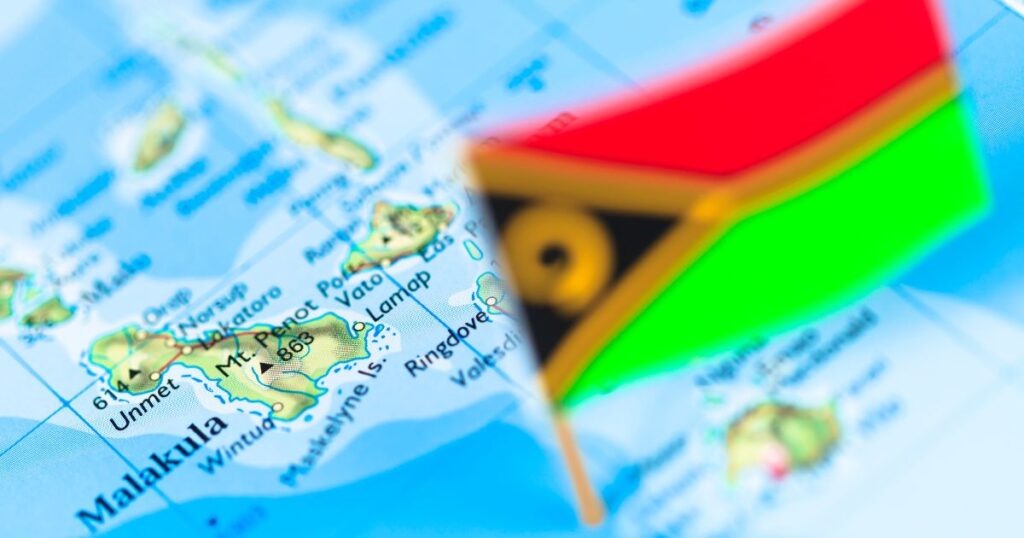Bank secrecy refers to the practice of banks and financial institutions keeping the information about their clients’ accounts confidential. The purpose of bank secrecy is to protect the privacy of individuals and maintain the confidentiality of their financial affairs. Privacy laws prevent banks from disclosing details about a client’s account to third parties without the client’s consent, unless required by law (such as in cases of crime, suspected money laundering or other financial crimes).
Origins
The Banking secrecy was a practice was first started by Italian merchants during the 1600s in Italian-speaking region of Switzerland. Later it spread in the french speaking part of Switzerland adopted by Geneva bankers. The banking secrecy is a bank-client confidentiality agreement that prohibit the disclosure of client information to third parties without consent or an accepted criminal complaint.
Swiss banking secrecy was first codified with the Banking Act of 1934, thus making it a crime to disclose bank client information to third parties without a client’s consent, thus making Switzerland a world famous haven for bank secrecy provided to select clients via numbered bank accounts or underground bank vaults. Towards the end of century banking secrecy was widely abused by criminals and money launders, leading to widespread criticism, leaks leading to end of an era for banking secrecy when Switzerland signed FATCA and OECD. In 2009 Switzerland adopted Article 26 of the OECD Model Convention on international administrative assistance in tax matters, making it possible to exchange information for tax purposes with other countries in individual cases and upon specific and justified request regardless of whether there is a tax offence.
US, Switzerland and Singapore ranked on top in Financial secrecy index for 2022. Switzerland is still is one of the top 3 countries for financial secrecy (should not be confused with bank secrecy).
While banks are expected to maintain the privacy of their clients, they are also required to cooperate with law enforcement agencies and regulatory authorities to prevent illegal activities such as money laundering and terrorism financing. Today most countries have strict laws and regulations in place to combat money laundering, tax evasion, and other financial crimes. Banks and financial institutions are required to comply with these regulations and to cooperate with authorities if they suspect any illegal transactions or activities. in recent years, there has been increased international cooperation to combat financial crimes, which has led to the introduction of measures such as the automatic exchange of financial information between countries.
Bank Secrecy Criteria
The good news is there are still handful of nations in offshore jurisdictions that are ready to offer bank secrecy to clients (last one’s left in 2023). It is important to note that for maximum privacy, you should pick a Bank offering high secrecy in
- A non-CRS country that has not signed a OECD tax exchange agreement
- A top financial secrecy jurisdiction.
- No double taxation agreements signed with your home country
- A Non FATCA country, if you are US citizen
On top of that, it also makes sense to apply flag theory not to spend more than six in any country where you bank with, even if you have citizenship or residency.
Bank Secrecy Countries
List of Countries that also maintain bank secrecy:
- Andorra
- British Virgin Islands
- Channel Islands
- Lebanon
- Liechtenstein
- Monaco
- Hong Kong
- Netherlands Antilles
- San Marino
- Turks and Caicos Islands
Source: Wikipedia
Bank Secrecy – Low to High
Here is a brief comparison on the level of bank secrecy from low to high, according to IMF study
| Low Secrecy | United States |
| Medium Secrecy | Australia, Britain, Canada, Ireland, Italy, Japan, Jersey, numerous other Commonwealth countries including India, Malaysia, and Singapore, and the Scandinavian countries |
| Quite High Secrecy | Denmark, France, and Germany |
| High Secrecy | Austria, Greece, Liechtenstein, Luxembourg, Portugal, and Switzerland (some cantons only) |
Source: IMF data





